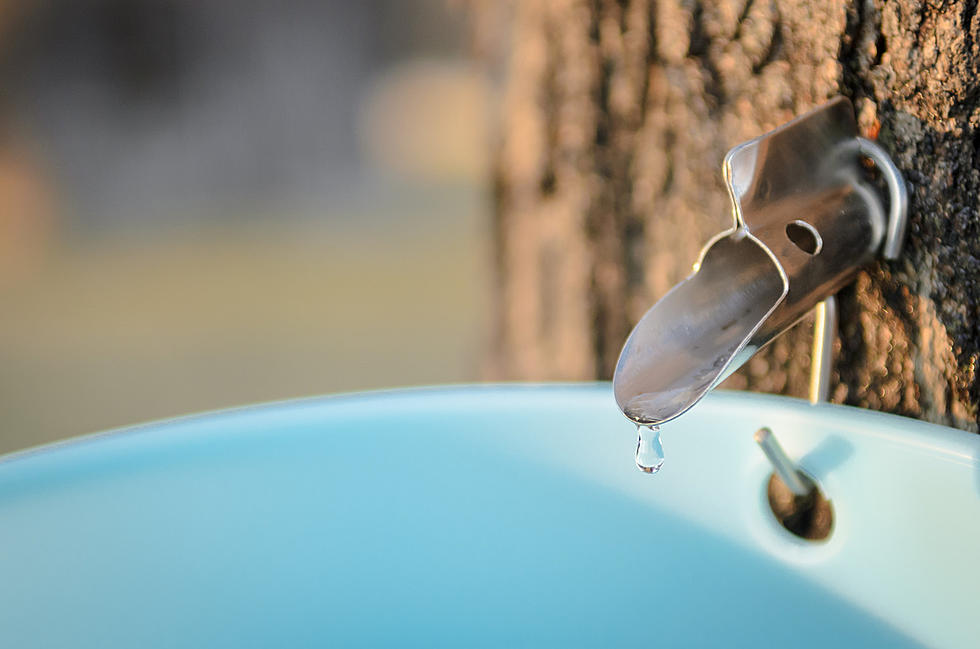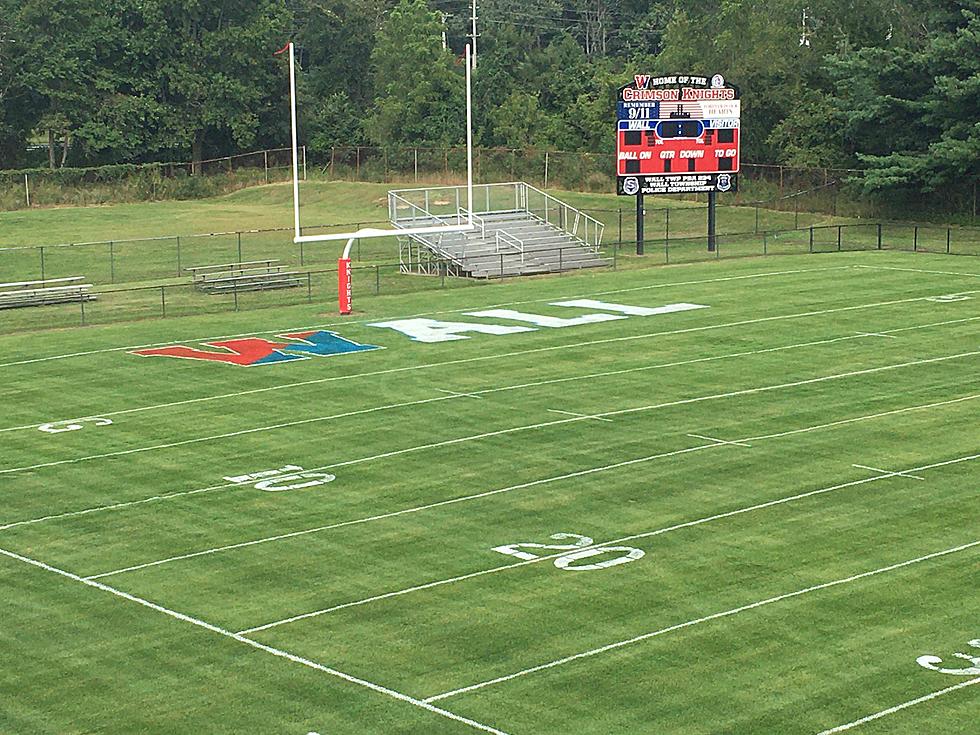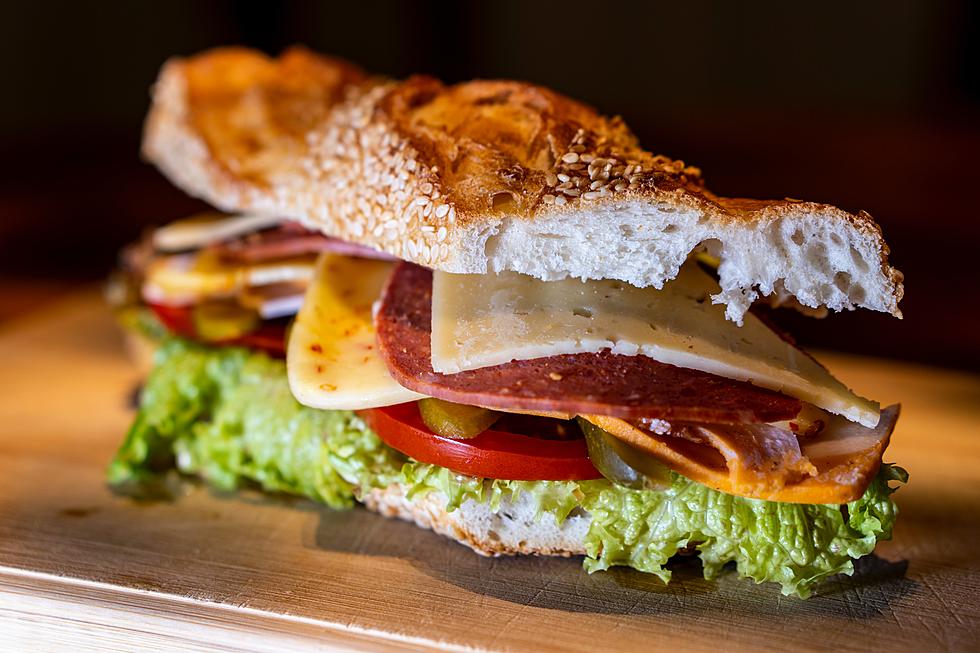
Stockton University’s maple syrup project starts tapping trees
We’ve been following this project for over a year: Stockton University is trying to prove that New Jersey’s red maple trees are suitable for producing maple syrup.
Typically, sugar maples are used for syrup because of its sap’s higher sugar content, but Stockton researchers are investigating whether modern extraction techniques could turn areas with a lot of red maples (like southern NJ) into syrup-producing areas.
The school has enlisted the assistance of local landowners who have red maples on their property as well as the more than 400 trees that they have cultivated on campus.
The school received a second, $500,000 grant from the U.S. Department of Agriculture for the project in December. Money from the grant will be used to set up maple syrup production hubs in South Jersey and Philadelphia to produce and collect syrup. The grant will also go to consulting costs involved in helping people set up their own maple syrup operations.
Over 2 miles of tubing are spread over the school’s campus, according to the Press of Atlantic City, connecting the trees to a central vat via a vacuum. The school says that is more efficient than using a bucket for each tree.
Well, now the moment of truth has come as the students and researchers are actually tapping the trees; there is a relatively short “harvesting” season to extract the sap.
The sap is then boiled down to produce the maple syrup. The hope is that areas with red maples will then be able to become producers of syrup instead of just the areas in New York, Vermont, and Canada where the sugar maples are concentrated.
Opinions expressed in the post above are those of New Jersey 101.5 talk show host Bill Doyle only.
You can now listen to Deminski & Doyle — On Demand! Hear New Jersey’s favorite afternoon radio show any day of the week. Download the Deminski & Doyle show wherever you get podcasts, on our free app, or listen right now:
9 of the nation’s most miserable cities are in New Jersey
Every NJ pizza joint Barstool's Dave Portnoy has reviewed
Answers to 25 common COVID-19 vaccine questions
More From Beach Radio










